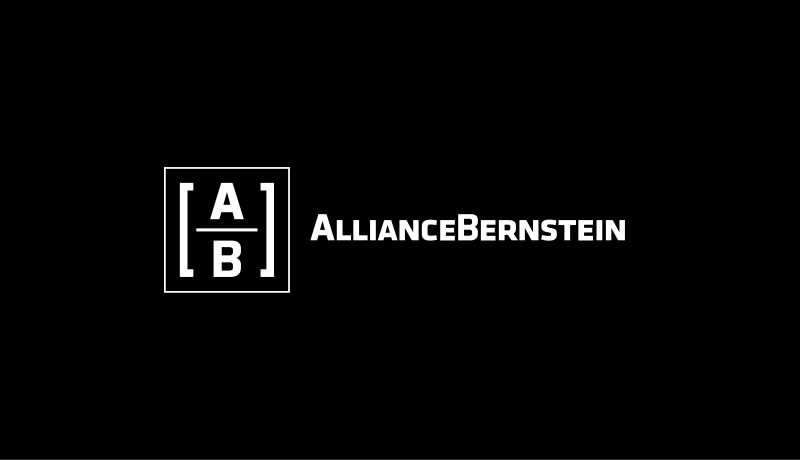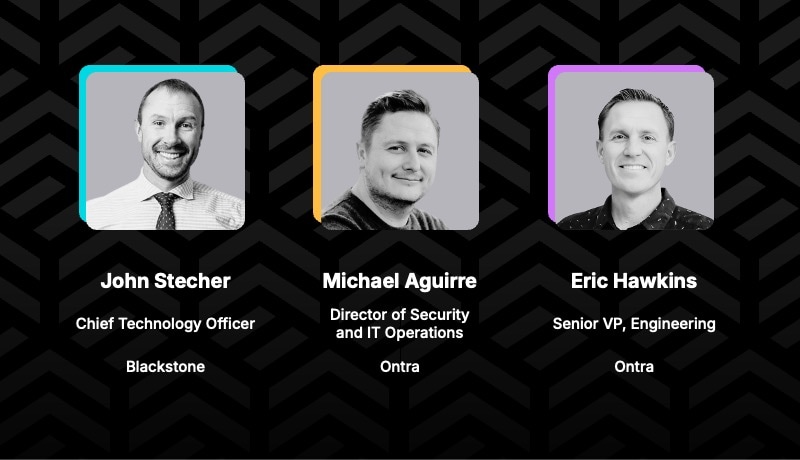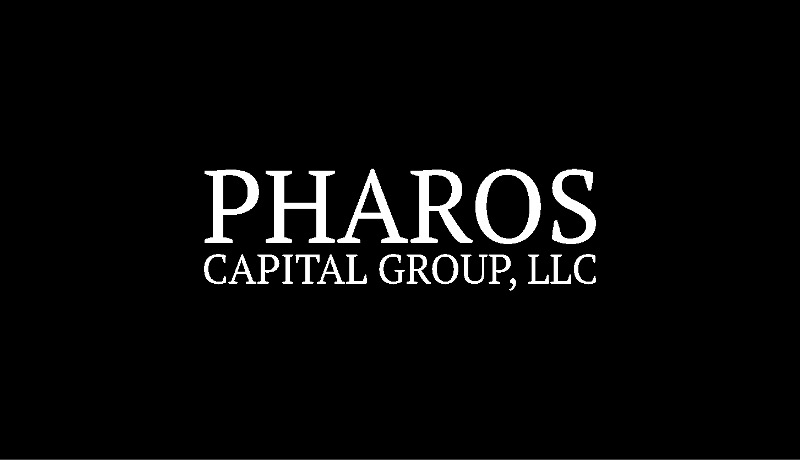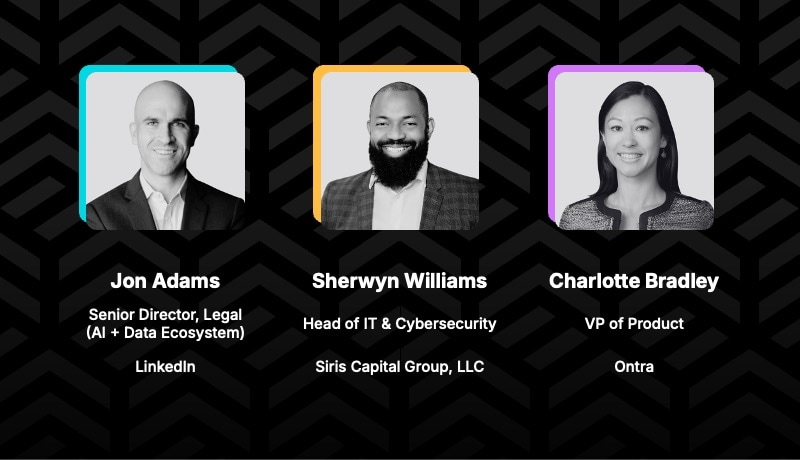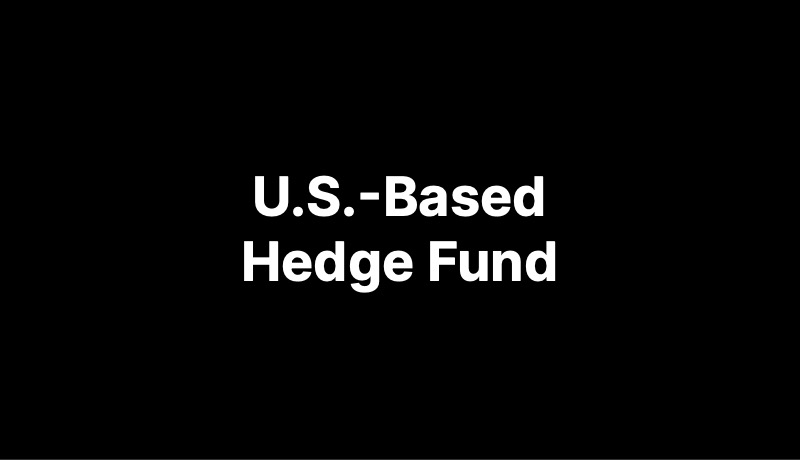Private equity chief compliance officers are under unprecedented pressure amidst intense regulatory scrutiny, continued reliance on legacy tools and manual processes, and the potential reputational and financial consequences of compliance failures.
Administering compliance programs for private equity firms is especially complicated because there is no one-size-fits-all solution. Investment advisers registered with the SEC must have policies and procedures designed for compliance with the Advisers Act. However, the nature of those policies (and the applicability of additional regulatory requirements) varies significantly based on a firm’s structure, size, investment strategy, and business operations.
To embrace proactive compliance, consider how to use artificial intelligence to up-level compliance workflows. AI solutions can offer CCOs considerable leverage to improve efficiency, save time and money, and reduce risk. At the same time, the use of AI within a private equity firm can introduce additional complexities for CCOs that may require changes to compliance policies, procedures, and infrastructure.
How private equity compliance teams are using AI
The SEC continues to focus on the private funds industry, and resource-constrained CCOs need additional leverage to prepare for SEC exams and stay abreast of new rules and developments.
Additionally, the SEC’s continued focus on fees and expenses, preferential treatments, secondaries, and related disclosures continues to create complexity for CCOs. Firms can adapt by taking a more conservative approach to allocating regulatory expenses to funds, which only puts additional pressure on CCOs to reduce the cost of compliance programs.
As a response to regulatory pressure, Gartner predicts legal and compliance department investments in governance, risk, and compliance (GRC) tools will increase 50% by 2026.
AI solutions can help compliance teams improve efficiency, reduce costs, and improve outcomes throughout the fund lifecycle in several ways:
- Drafting policies and procedures: AI tools can take a first pass at drafting new policies and procedures in response to regulatory updates. Compliance professionals may be able to start from AI-generated templates or drafts rather than drafting from scratch.
- Fund and side letter compliance: AI can power a searchable, digital repository of agreements and obligations, enabling CCOs to easily identify and categorize clauses from fund documents and surface better, more relevant search results in response to queries regarding fund documents
- Most Favored Nations (MFN) elections and investor reporting: AI tools can help firms comply more quickly by giving them real-time visibility into the MFN process and automatically creating a single source of truth for investor and fund obligations.
- Reviewing marketing materials: AI can help confirm Marketing Rule compliance without requiring compliance professionals to review every asset manually. AI can comb through all of a firm’s marketing materials and investor communications to validate accuracy, consistency, and completeness.
- Preparing and responding to SEC exam requests: AI tools can significantly reduce the hours spent responding to SEC exams by making required documentation easily accessible, enabling compliance professionals to focus on reviewing data and crafting responses.
- Monitoring and enforcing firm’s Code of Ethics: AI-powered tools can monitor employee compliance, flagging any instances of suspected personal trading or noncompliant gifts and entertainment. Generative AI (GenAI) models can also be trained to generate suspicious activity reports for compliance teams to review and file at scale.
- Email archiving and reviews: Email archiving tools maintain correspondence and attachments from company email accounts and store them in a way that complies with regulatory requirements. Many of these tools are beginning to use AI to help surface emails that may be high risk, allowing CCOs to quickly perform additional reviews as needed.
- Entity management: AI tools can streamline workflows to organize, manage, and share information for legal entities, from fund and firm entities to alternative investment vehicles, special purpose vehicles, co-investment vehicles, and portfolio company entities. AI solutions like Atlas from Ontra can generate formation documents and structure charts, aggregate entity documents and data, and automate Corporate Transparency Act filings and other compliance workflows.
- Ongoing books and records requirements: CCOs must work with other departments to ensure all employees understand their recordkeeping obligations and that all books and records are ready for an SEC exam at any time. AI tools designed to support recordkeeping already exist, including document management systems and tools that can record meetings and take detailed minutes.
- Monitoring and cybersecurity: Cybersecurity tools that leverage AI can provide ongoing risk monitoring. Because AI excels at pattern recognition, it can continuously monitor network activity and detect anomalies. Firms should look for tools that pair AI with human security experts who can effectively respond to potential threats.
- Navigating new rules and regulations: As AI evolves and its adoption grows, new regulations and ESG reporting requirements are expected to be rolled out. AI tools can automate the monitoring of proposed regulations and alerts and surface relevant information so a CCO isn’t only relying on a search engine to stay up to date.
Support AI implementation across the firm
Private equity CCOs have the unenviable task of keeping up with developments from a broad range of regulators. The SEC tops the list, but depending on their business model firms may also need to comply with rules from organizations like the FINRA, FinCEN, DOJ, and the European Securities and Markets Authority (ESMA).
Forward-thinking CCOs are already focused on creating secure and responsible AI programs that can adapt to upcoming regulatory developments. Doing so helps reduce the risk of noncompliance and financial penalties while minimizing disruption to the firm’s operations.
Here are some steps CCOs can take now:
1. Update compliance policies and procedures
Establish and update the firm’s compliance program with relation to the use of AI tools — those officially procured by the firm along with publicly available tools employees use of their own volition. This may require modifying policies governing information barriers, personal trading, email, or conflicts of interest. If the CCO’s role encompasses cybersecurity, include security protocols for AI-powered platforms.
2. Educate employees
Document and communicate the firm’s AI policies to ensure all employees understand relevant AI regulations, the firm’s expectations, and how to safely use AI tools. As new federal and state regulations roll out, keep the entire firm in the loop. Provide ongoing cybersecurity training as necessary.
3. Monitor and enforce compliance
Closely monitor employee’s use of AI-powered tools, including the information employees provide to AI-powered solutions, and evaluate employees’ compliance with the firm’s AI policies. As many employees will be new to AI-related rules and processes, provide additional training as necessary and keep a close eye on potential misuse of publicly available AI tools and those acquired by the firm.
4. Support AI procurement
While GCs and CTOs may take the lead in evaluating AI tools, the CCO may want departments to consult them before signing new contracts. The CCO can advise on rules or regulations that may be implicated by a new solution. For example, if the AI solution includes communication, chat, or collaboration features and functionality, the CCO should confirm whether communications need to be archived or otherwise reviewed.
Additionally, CCOs must ensure that AI tools used in any investment or decision-making process can produce reports and audit logs to the extent requested by regulatory authorities. Compliance teams need to maintain sufficient awareness of the data sources and logic used by the firm’s AI vendors to meet industry standards for risk decision-making.

